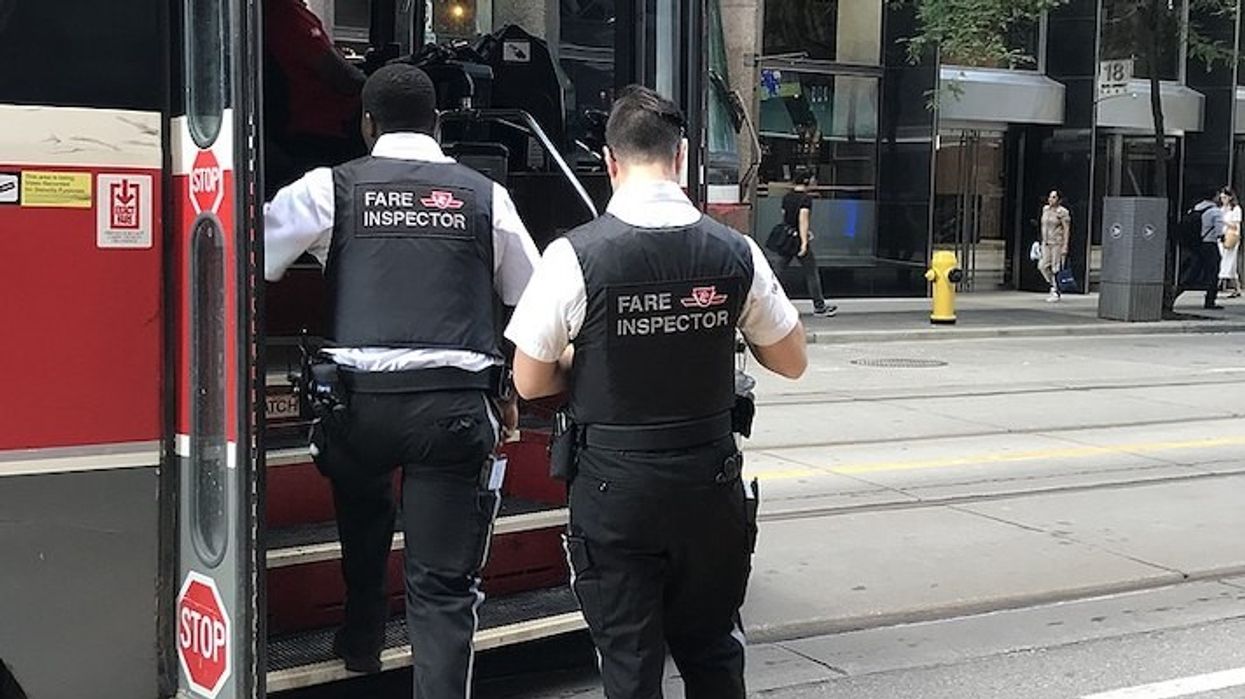As concerns over the coronavirus pandemic continue to escalate across Ontario, many residents have abandoned the once overly-crowded public transit system to protect themselves from the virus. A virus that as of Wednesday morning had infected 212 people across the province.
However, despite low ridership numbers, public transit in Toronto still remains a vital service that residents depend on to get to-and-from work, to pick up groceries and medication, and make other essential trips.
RELATED:
"As most people can appreciate, these are extraordinary times. We continue to offer regular service and the expectation is that customers pay for that service," TTC spokesperson Stuart Green said in a statement to Toronto Storeys.
However, as service resumes as normal, there are some changes in place, and that includes the role of TTC Fare Inspectors.
Green said that while transit trips are down due to various closures and work-from-home policies, TTC Fare Inspectors will continue working, only they will be focusing more on education and customer service while respecting the importance of social distancing.
Green said for the time being there will be no manual period of payment checks or handheld taps.
Instead, fare inspectors will be positioned near card readers to observe customers tapping for proof of payment. Where there is no tap, they will assess and educate about proper fare payment.
For on-board trips, fare inspectors will leave vehicles once there are 50 people on board and then board another vehicle in order to maintain social distancing.
"You may also see fare inspectors randomly posted at busy intersections to observe, educate, and provide customer service," said Green.





















